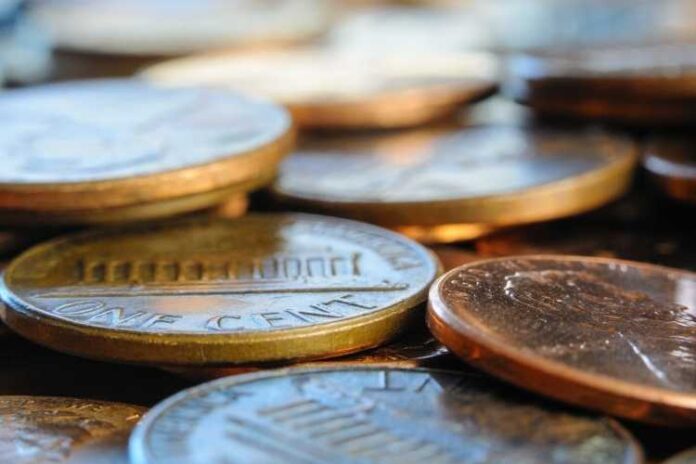Leaving a penny at a cemetery merely indicates that you paid your respects. A nickel signifies you attended boot camp with the deceased, while a dime suggests you served with the person. By placing a coin on the grave, you are indicating to the soldier’s family that you were present when he was murdered.
Also, what exactly does a penny at the grave signify? A coin put on a headstone or at the gravesite is supposed to signal to the family of the fallen soldier that someone else has paid their respects. Leaving a penny at a cemetery merely indicates that you paid your respects.
History
Personal artifacts like as pottery, weaponry, food, clothes, and beads have been discovered in the oldest known burials. Because death was seen as a transition from one world to the next in many civilizations, they were either the deceased’s personal belongings that they were expected to wish to take with them or objects provided by the living to be utilized by the departed in the next world.
Metal coins have been used to facilitate transactions from at least the late 7th century B.C. Coins began to be placed in the graves of the deceased about this period, most likely as a method to prepare the dead for the afterlife.
Some civilizations assigned special functions to coins left with the deceased.
In Greek mythology, Charon, the Hades ferryman, demanded payment for his services carrying the dead to the underworld, or the souls would be left to roam the beach for a hundred years. As a result, a penny was placed in the departed’s lips as payment for the passage across the rivers Styx and Acheron.
Since a long time, in England and the United States, pennies were frequently put on the closed eyes of the deceased, with some believing that this would prevent the eyes from opening during public viewing, alarming visitors or family members.
According to this Practice
- Leaving a penny indicates that you have visited the tomb.
- By leaving a nickel, you’re indicating that you and the dead soldier attended boot camp together.
- A penny indicates that you served with the soldier.
- A quarter is particularly significant since it indicates that you were present when the soldier died.
So, why do people put pennies on the grave of John Wilkes Booth?
As a mark of respect for Booth’s life, a penny is traditionally placed face up on his grave. People sometimes place money on gravestones as a mark of respect for the deceased.
John Wilkes Booth
One of the most famous actors assassinated President Abraham Lincoln on April 14, 1865, before being slain himself. President Andrew Johnson returned Booth’s body to his family four years later. John Wilkes Booth is buried in the plot of Booth family in Green Mount Cemetery in Baltimore, Maryland, in an unmarked grave. That hasn’t prevented folks from trying to figure out where it is — and leaving a little something behind. People place pennies on the gravestone instead of flowers or stones as a kind of retaliation for Abraham Lincoln, whose visage is depicted on the penny.
FAQs
Tourists Often Leave A Penny At whose Grave?
Answer: President Abraham Lincoln was killed by John Wilkes Booth (May 10, 1838 – April 26, 1865), an American theater actor.
Why People Leave A Penny At John Wilkes Booth’s Grave?
Answer: John Wilkes Booth was a famous American theater artist who killed President Abraham Lincoln on Pan American Day, 1865, in Washington, D.C at Ford’s Theatre.
Who was responsible for the assassination of John Wilkes Booth?
Boston Corbett is the correct answer.
What is the location of John Wilkes Booth’s grave?
Green Mount Cemetery, located in Baltimore, Maryland, United States.


